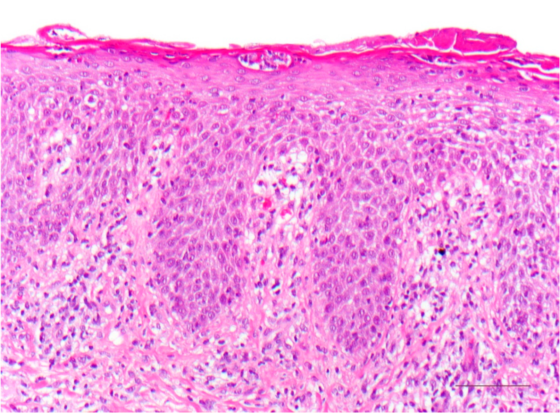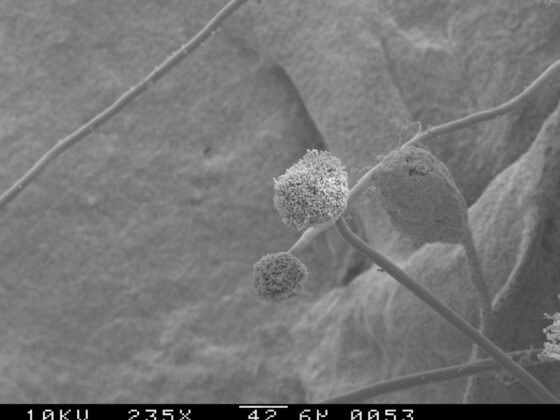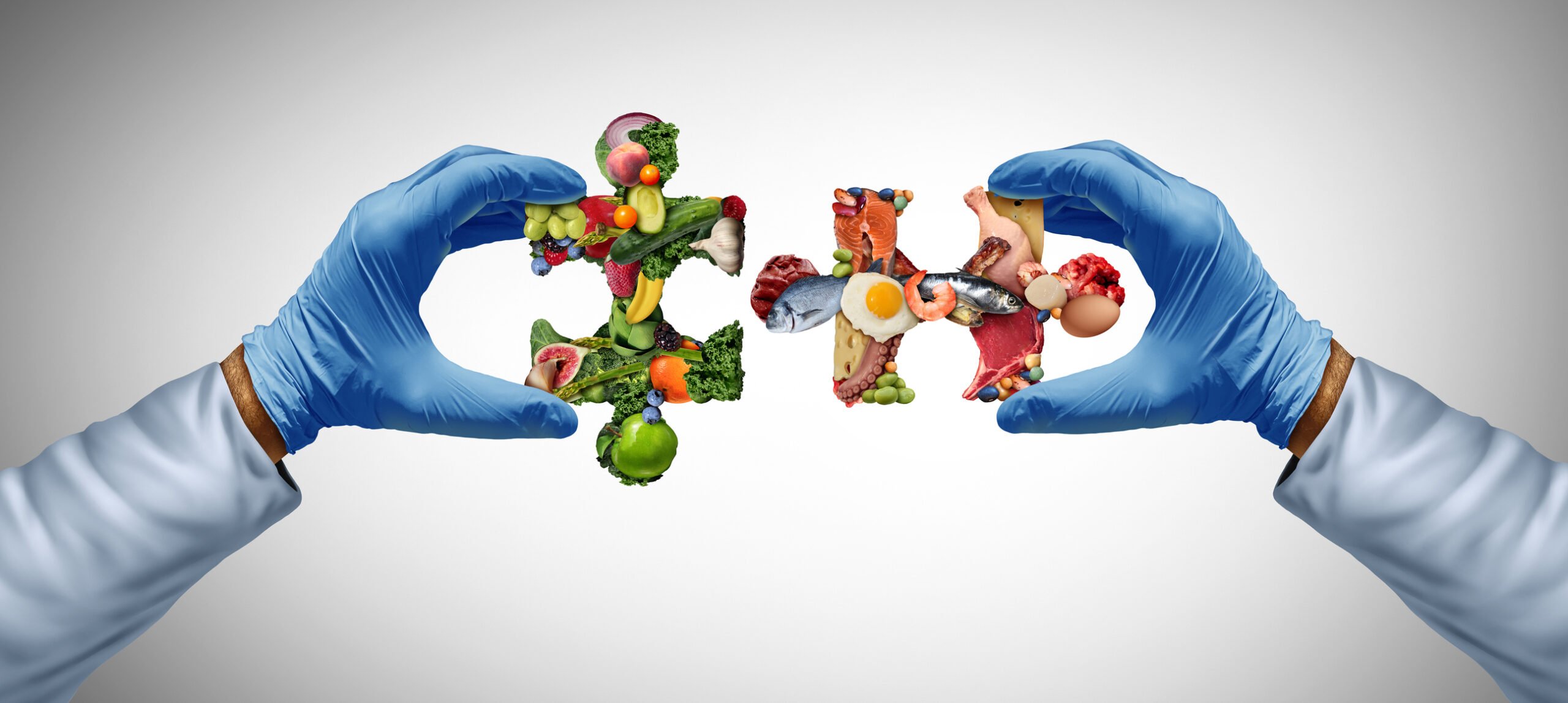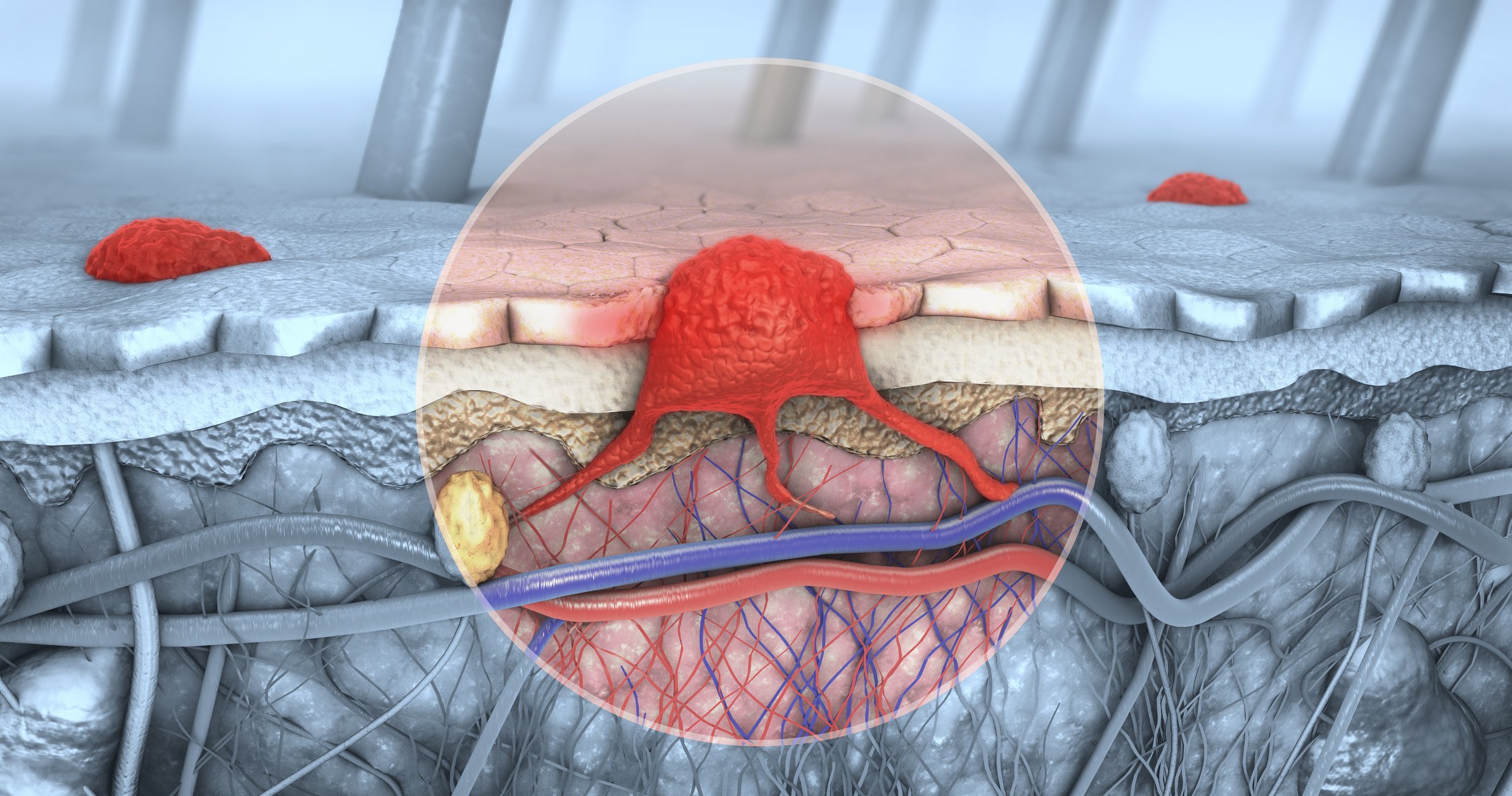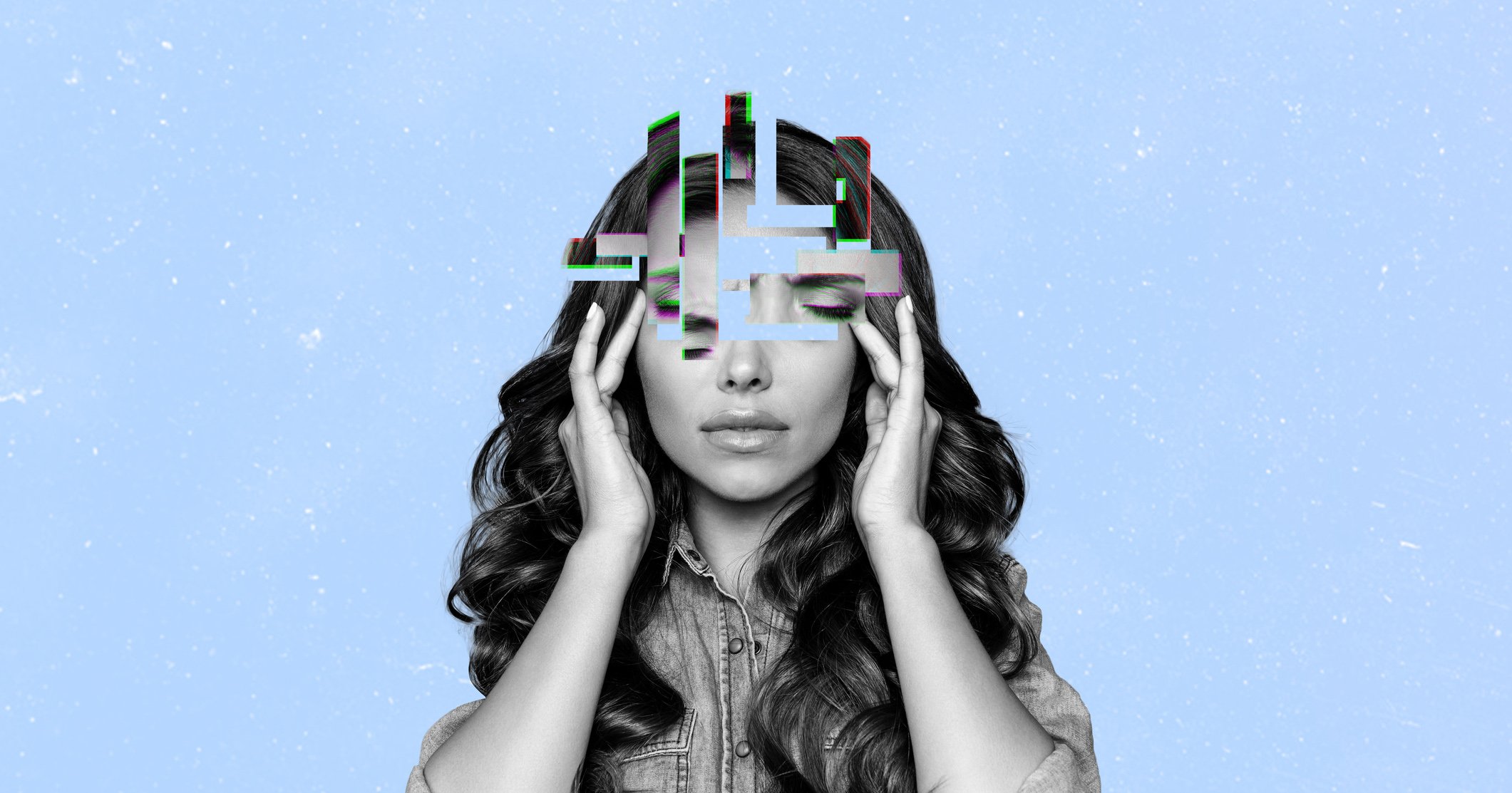At the beginning of the year, a real hype was unleashed. ChatGPT came on the market and was made available for free to all Internet users. The first voices were quickly raised that the writing guild – in whatever form – would now become superfluous. After all, everything your heart desires is delivered free to your door in the shortest possible time by artificial intelligence (IT). But is this really the case? An attempt.
I must confess, I was also curious. Not only for professional reasons. I find it fascinating the dimensions in which digitization is now moving. When I think back to how I struggled with the first computer experiments in the new subject “computer science” at school, then the simplified user interface and nowadays we wander around in the metaverse in times long past. So now the latest step: ChatGPT. An artificial intelligence that has the knowledge of the entire Internet at its disposal and can retrieve it within a few moments. I took a chance and had an article written on AI in oncology. The (unprocessed) result is highlighted in gray:
| Artificial intelligence (AI) is one of the most promising technologies in medicine. In oncology, AI can help improve cancer diagnosis, create personalized treatment plans, and monitor the effectiveness of treatments. In this article, we will explore how AI is being used in oncology and the progress that has been made in this area. Cancer diagnosis Accurate diagnosis is the first step in treating cancer. The conventional method of diagnosing cancer is histological examination of tissue samples by a pathologist. However, this method is time-consuming and can be inaccurate, especially for rare cancers or for distinguishing between different subtypes of cancer. However, AI-based image analysis systems can improve the accuracy and efficiency of cancer diagnosis. One example is the use of AI to detect lung cancer in CT scans. One study showed that an AI system had higher accuracy in detecting lung cancer in CT scans than experienced radiologists. A similar system is also used to detect breast cancer in mammograms. This technology has the potential to speed up the diagnosis of cancer and improve the accuracy of the diagnosis. Personalized treatment plans Cancer is a very heterogeneous disease that varies from person to person. Personalized treatment is therefore crucial. AI can help create personalized treatment plans by taking into account the individual characteristics of a tumor and the patient. One example is the use of AI to predict the efficacy of immunotherapy for lung cancer. One study showed that an AI system was able to predict the effectiveness of immunotherapy in patients with lung cancer. The system took into account the genetic characteristics of the tumor and the patient. This technology has the potential to create personalized treatment plans and improve the effectiveness of treatments. Monitoring the effectiveness of treatments Monitoring the effectiveness of treatments is an important part of cancer care. AI can help monitor the effectiveness of treatments by analyzing changes in the size and shape of tumors over time. One example is the use of AI to monitor the effectiveness of chemotherapy for breast cancer. A study showed that an AI system was able to track changes in the size and shape of breast tumors over the course of chemothe… |
Conclusion
Well, that was it. As you can see – something is missing. Why? I don’t know. But since I assume that a machine (and therefore ChatGPT) is only as good as its user, I assume an operator error on my part. Therefore, we will disregard this fact and take a closer look at the article itself. It is well structured and makes sense. As far as the language style is concerned, I think there is still some room for improvement. Therefore, I would currently see ChatGPT more as a support for research purposes than as a buyer of work. But this is just a first impression. And as we can see from the introduction to the article, AI is constantly and rapidly evolving. I am therefore very curious to see where the journey will go. Who knows, maybe there will soon be a new series of topics under the title “I ask, AI answers”.
| ChatGPT at a glance ChatGPT is a chatbot, that is, a text-based dialog system based on machine learning. Artificial intelligence is capable of generating human-like conversations in text form. You ask a question, ChatGPT answers. In the process, the bot can even remember previously asked questions and incorporate them into the answer. Nevertheless, you should not necessarily believe everything the program writes. The developers themselves warn against this, as the AI is not yet mature enough and can therefore also reproduce incorrect information. The chatbot can be used in different languages and is available in the basic version via the browser at https://chat.openai.com/chat free of charge. |
InFo ONCOLOGY & HEMATOLOGY 2023; 11(2): 26.


